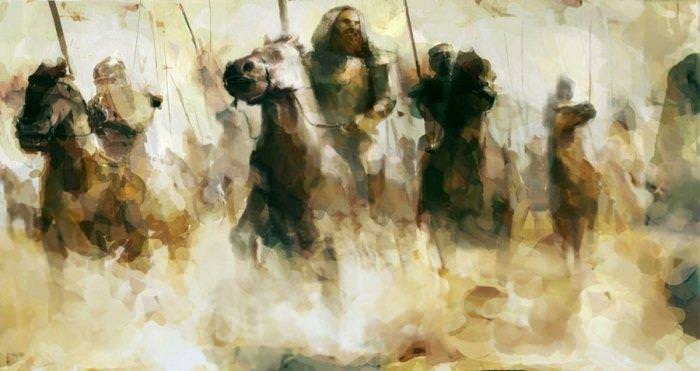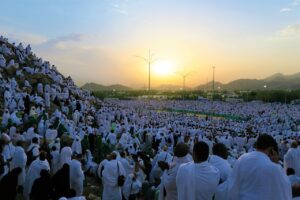Ramadan is a time of great importance for Muslims globally. It serves as a period of spiritual growth, introspection, and deepening our connection with Allah. In addition to its preeminent spiritual significance, Ramadan has been witness to significant Islamic events. Here, are 7 key Islamic occurrences that occurred during this sacred month.
- Revelation of the Quran: The Quran, the holy book of Islam, was revealed to Prophet Muhammad (peace be upon him) during the month of Ramadan, specifically on the night of Laylat al-Qadr (Night of Power).
- Laylat al-Qadr (Night of Power): This blessed night, considered the holiest night of the year, falls on one of the odd-numbered nights in the last ten days of Ramadan. It’s believed to be the night when the Quran was revealed.
- Battle of Badr: The first major battle in Islamic history took place on the 17th of Ramadan, 2 AH (624 CE). The Muslims, led by Prophet Muhammad (peace be upon him), emerged victorious against the Meccan polytheists.
- Conquest of Mecca: In Ramadan, 8 AH (630 CE), Prophet Muhammad (peace be upon him) and his companions conquered Mecca, marking a significant turning point in Islamic history.
- Martyrdom of Ali ibn Abi Talib: The fourth caliph, Ali ibn Abi Talib, was martyred on the 21st of Ramadan, 40 AH (661 CE).
- The passing of Khadija bint Khuwaylid: The wife of Prophet Muhammad (peace be upon him), Khadija bint Khuwaylid, passed away on the 10th of Ramadan, 10 years after the Prophetic mission began.
- The Passing of Aisha bint Abu Bakr: The wife of Prophet Muhammad (peace be upon him) and the daughter of Abu Bakr, Aisha bint Abu Bakr, passed away on the 17th of Ramadan, 58 AH (678 CE).
These events highlight the significance of Ramadan in Islamic history and emphasize additional reasons for the importance of this blessed month for Muslims worldwide.






